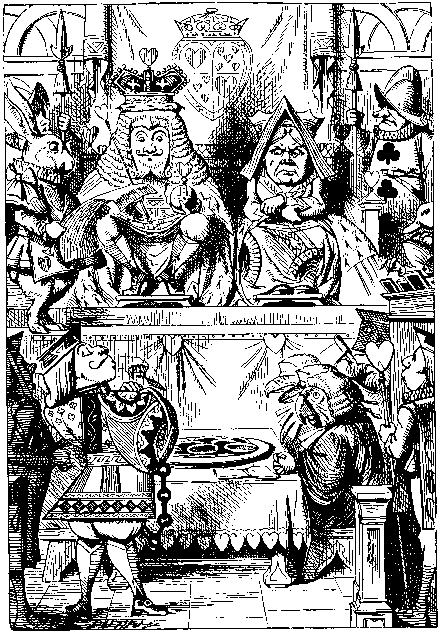Note: If you wish to receive, via e-mail, (1) my weekly newsletter or (2) daily copies of these posts, write to me at rrbates1951@gmail.com. Comments may also be sent to this address. I promise not to share your e-mail with anyone. To unsubscribe, write here as well.
Thursday
I write this post as the jury in Donald Trump’s business fraud/election interference trial is in recess, to resume deliberations tomorrow. Like so many, I am wondering whether the former president will, for once in his life, be held criminally accountable for his behavior. In the past I’ve compared him to John Gay’s Mac the Knife, a romantic rogue who miraculously escapes punishment whenever the authorities attempt to bring him to justice. Will we see yet another miraculous escape here?
Speaking of rogues, Trump has attempted to play the rogue card and even to surround himself with rogues. Recently, while angling for Libertarian votes at the nominating convention, he promised to pardon Ross Ulbricht, a Libertarian hero who was sentenced to a life in prison for operating an online marketplace where illegal drugs were bought and sold. (Ulbricht tried to have five people killed while six deaths resulted from drugs bought on his website.) In the past, Trump has lionized and pardoned Eddie Gallagher, the Navy Seal who was indicted for war crimes and who, in the words of fellow Iraq war veterans, was “okay will killing anything that moved.” Of course, Trump is also promising to pardon the rogues who stormed the Capitol on January 6, and last week he invited two rappers charged with murder to join him on stage at a Bronx rally. As Trump sees it, being a rogue gives him a leg up with the Black community: he has been telling African Americans that he’s just like them because of his run-ins with the law.
Trump, it must be said, is much less engaging than Mac the Knife, who while dodgy is also open-hearted and magnanimous.
In the Manhattan case I’ve seen hints of the trial in Alice’s Adventures in Wonderland. The Knave of Hearts has been accused of stealing a tray of tarts, as reported in the Mother Goose rhyme:
The Queen of Hearts, she made some tarts,
All on a summer day:
The Knave of Hearts, he stole those tarts,
And took them quite away!”
The evidence, as in Trump’s case, is circumstantial. As with Trump, there’s written documentation, and as with Trump—who is famous for never leaving a paper trail himself–the Knave points out the absence of his signature: “I didn’t write it, and they can’t prove I did: there’s no name signed at the end.”
In the end, however, there’s no question that the knave stole the tarts—they are returned after the king “beat the knave full sore” (according to the nursery rhyme) or “returned from him to you” (according to a letter obtained by the White Rabbit). And we see the tarts themselves, just as we are seeing checks signed by Trump and reimbursement notes signed by his Chief Financial Officer.
Putting aside the details of the trial, however, I find myself wondering if, finally, justice will be served to a man who has spent his whole life thumbing his nose at the rule of law. Every time he has been caught red-handed (inviting Russian election interference, pressuring election officials, goading his followers to attack the Capitol, stealing government documents), he has been able—like Mac—to evade or postpone judgment. I thus find myself like the perpetually frustrated speaker in Emily Dickinson’s “I many times thought peace had come.” Substitute “accountability” for “peace” and you’ll see my state of mind:
I many times thought peace had come,
When peace was far away;
As wrecked men deem they sight the land
At center of the sea,And struggle slacker, but to prove,
As hopelessly as I,
How many the fictitious shores
Before the harbor lie.
Is the shore close at hand or will it prove once against fictitious? We’ll know soon.


